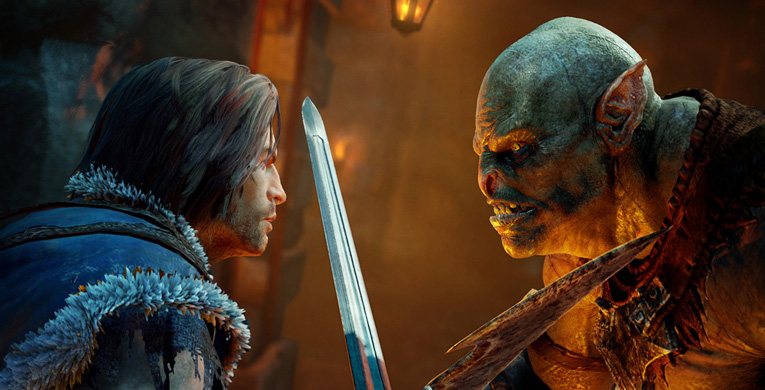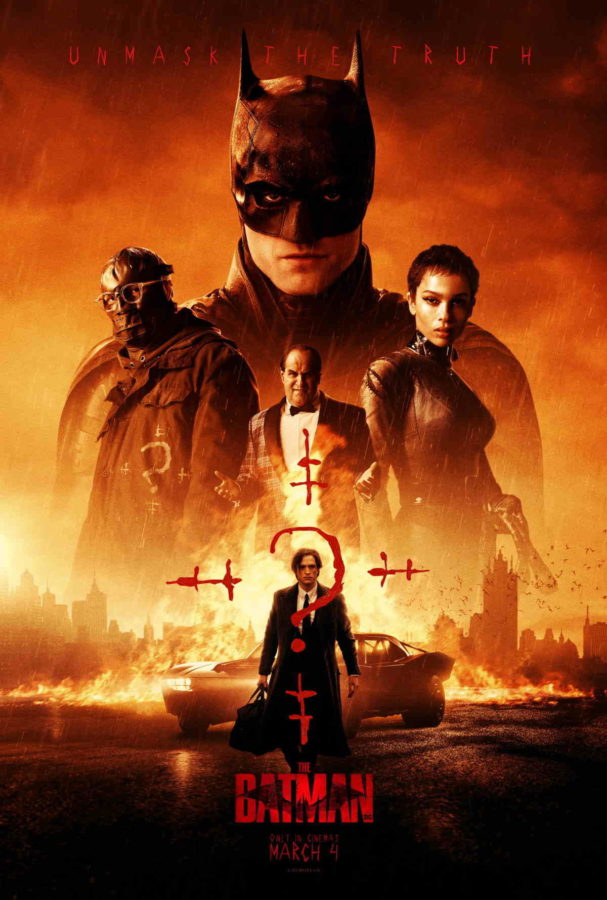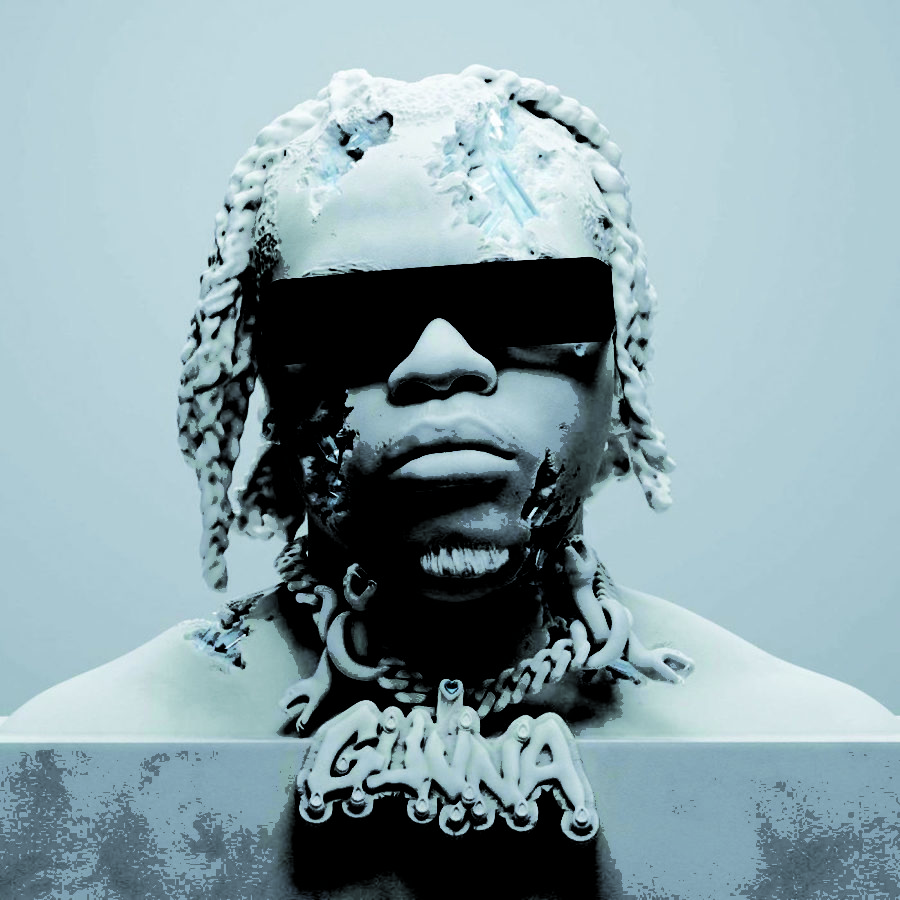“The Lord of the Rings” is a household name beloved by many individuals, whether it be in books, movies or other forms of media. However, one entertainment medium it has not fully conquered is the realm of video games.
This is not due to a lack of attempts to create a video game based on the “Lord of the Rings” universe, which remains prominent in players’ memories.
Many video game developers have labored to capture the essence of Tolkien’s rich universe, only to fall short of their goal. Monolith Productions’ “Middle-Earth: Shadow of Mordor” may not be the game that accomplishes this, but it certainly performs well as a potential first step toward many more consistent “Lord of the Rings” titles.
“Middle-Earth” presents the story of Talion, a ranger of Gondor, tasked with protecting it from the Uruks, a race prominent in Tolkien’s folklore as bloodthirsty and vicious servants of Sauron, the prime villain to appear in many of the books.
Within the first few minutes of the game, Talion’s main in-game motivation is revealed through gruesome flashbacks. The Uruks overran Black Gate where he was stationed with his wife and son, killing his family and all rangers of Gondor stationed there.
Talion is rescued from death following his possession by an unknown wraith who urges him to seek out treasures in the land of Mordor to piece together the wraith’s identity.
Of course, Talion also desires revenge for the murder of his family. Consequently, players may expect to slaughter thousands of Uruks by the game’s end. The adventure demonstrates a notable shift from the optimistic mood and tone that often pervades Tolkien’s literature.
Lore purists may find themselves fairly uncomfortable with the amount of violence present throughout the game.
Luckily, Monolith Productions also manages to make Talion’s revenge story engaging and fun. While his motivation may be a cliché, the Uruks he fights throughout his adventure all possess unique traits and personalities generated by Monolith’s “Nemesis” system in-game, which generates many unique combinations of Uruk captains and war chiefs, creating variations between fighting style, skin color and physical build. When Talion combats these individuals, they will recall his battles with previous captains, or comment on his tendencies.
For instance, fleeing from an encounter with a captain and finding him later on will cause him to comment on one’s cowardice. This system gives a certain amount of individual agency to the Uruks that has never been presented in any other piece of Tolkien’s lore and is probably the most successful aspect of the game.
Talion can combat Uruks by upgrading his abilities with ability points gained from experience, adding new options to the player’s combat repertoire or even simply increasing Talion’s maximum health. Alternatively, he can use the runes dropped by prominent Uruks in order to add unique traits to his weapons that may potentially turn skirmishes in his favor.
Unfortunately, “Shadow of Mordor” also contains its share of minor gripes that mar the overall experience. The environment of Mordor is certainly not an interesting one. Many shades of brown, gray and dark green cover the landscape.
This is fairly understandable for a desolate land scorched by war, but rather droll as an environment in a video game. Its combat may be entertaining, but new and sometimes even experienced players will often find themselves in unavoidable situations where crowds of Uruks must be fought off with limited or
insufficient means.
The “Nemesis” system also creates flaws in this regard by generating certain types of Uruk captains that are invulnerable to almost all types of combat, creating difficulty for less experienced players. As an aside, many players will recognize its combat and game play as lifting elements from the “Batman: Arkham” games of recent years as well as the highly popular “Assassin’s Creed” series.
These similarities don’t sink an enjoyable game, but they do leave a lingering feeling that Monolith could have created a more original one.
Regardless of any complaints I have in terms of the “Shadow of Mordor” structure or plot elements, Monolith Productions has created a fairly unique experience in the context of “The Lord of the Rings.”
Declaring it an absolute success may be too generous considering its inherent issues, but “Shadow of Mordor” is certainly an enjoyable adventure for “Lord of the Rings” fans and the uninitiated alike.







































